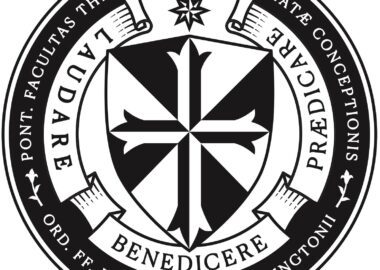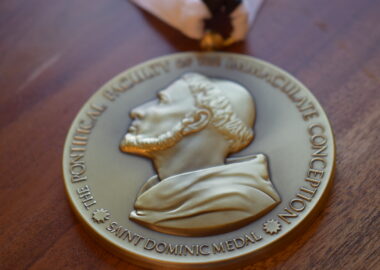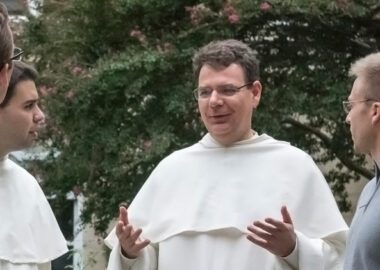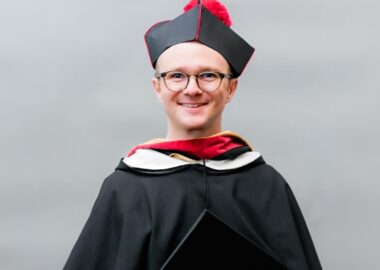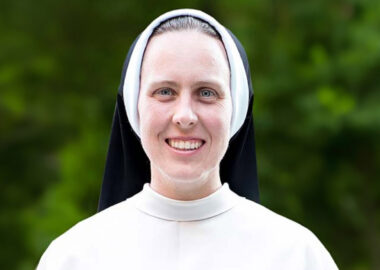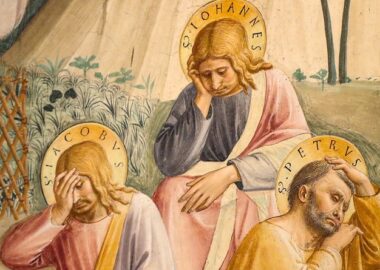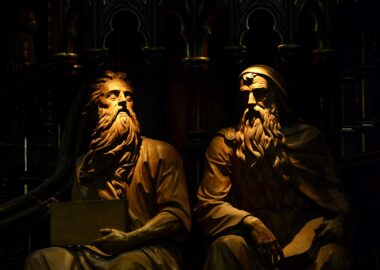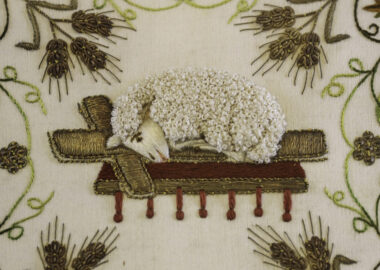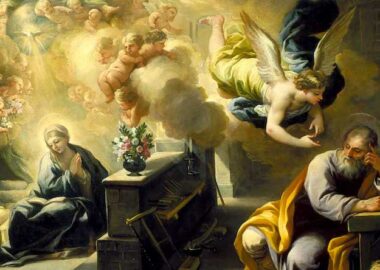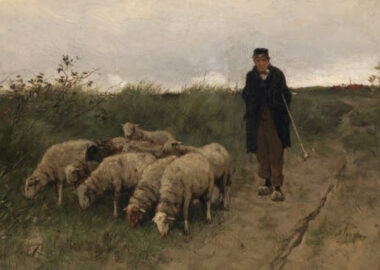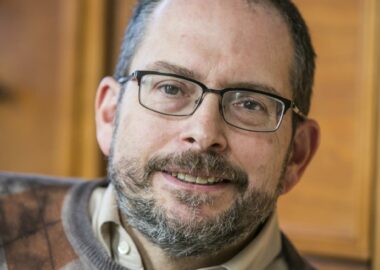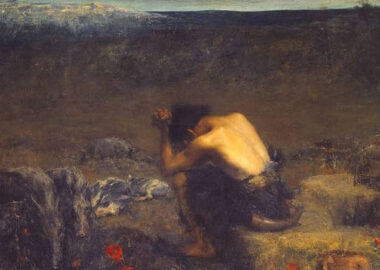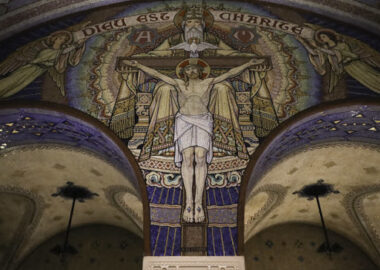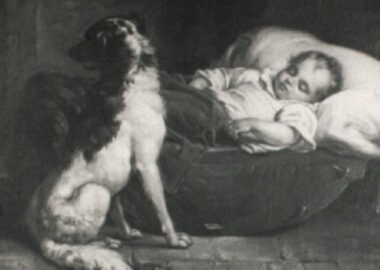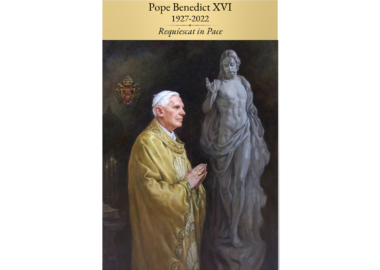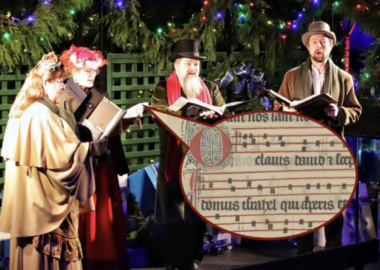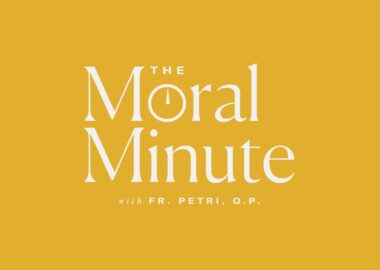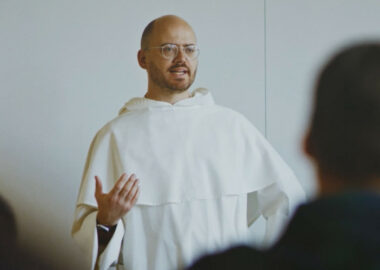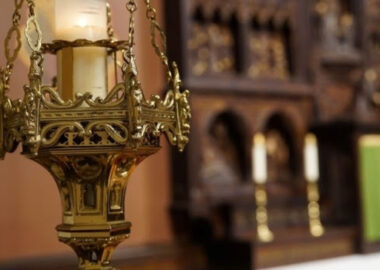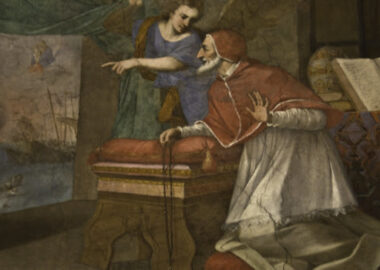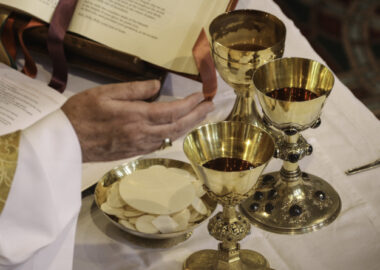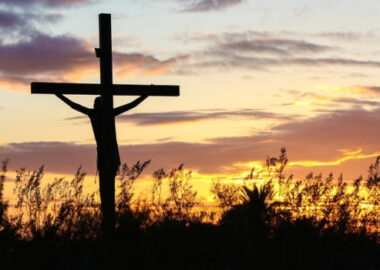
- Home
- Latest Content
- God’s Suffering Shepherds
God’s Suffering Shepherds
"It does not take a genius to figure out that God has a thing for shepherds. From Abel to Jacob, Moses to David, and Amos to the shepherds of Bethlehem..."

by
Br. Finbar Kantor, O.P.
on
March 17, 2023
in
Dominicana
It does not take a genius to figure out that God has a thing for shepherds. From Abel to Jacob, Moses to David, and Amos to the shepherds of Bethlehem, the Lord has seen fit to select those who tend flocks as recipients of his favor. Often, these men of the fold were selected for special missions of drawing the people into a closer relationship with God, guiding them through the gate to divine pastures. This trend of divinely chosen pastors continued after the ascension of the Good Shepherd through his appointment of a chief shepherd (Jn 21:15-19) and further saintly shepherds in every age.
But a shepherd appointed by God is not cut from the same cloth as the romantic shepherd of Arcadia. Rather than lounging on sun-drenched hills, eating ripe grapes, and chasing fawns and nymphs, our shepherd endures scorching heat by day and frost by night as sleep flees from his eyes (Gen 31:40). He endures trials in guarding his charges and he himself draws closer to God through his suffering, being conformed to the Good Shepherd by taking up the yoke of the cross and finding his rest therein. Saint Patrick, the Shepherd of Ireland, was likewise conformed to the image of the Good Shepherd through his suffering and labor.
Though his father was a deacon and his grandfather a priest (at the time, married men could be ordained), Patrick, by his own admission, did not have faith as a young man. At sixteen, he was dragged away from his village in Britain by Irish raiders with other captives to endure punishment. He later acknowledged that they deserved such a fate “because we had gone away from God, and did not keep his commandments” (Confession of St. Patrick, 1). Enduring the bitter slavery of pagan Ireland as a swineherd, Patrick did not wallow in the depths to which he had sunk. Praying to the Lord became his consolation and he drew close to God while among the herds, in the woods, and on the mountains. Through his debasement and hardship his eyes were opened to God’s care for him even then and he returned to the Father he had turned his back upon (Confession, 2; cf Lk 15:15-20).
Even after escaping slavery, Patrick was not freed from trials and suffering. Called to the priesthood, he endured the trials of a stunted education, opposition by superiors towards his mission, and the calumnious accusation of a trusted friend. But, recognizing that he was like a stone that God had pulled from deep mud and placed upon a high wall, he endured all things to “shout aloud in return to the Lord for such great good deeds of his, here and now and forever, which the human mind cannot measure” (Confession, 12). Led by the Spirit, he returned to Ireland, the land of his captivity, no longer a lowly swineherd but a true shepherd according to the model of Christ.
The life of St. Patrick was a journey along the via crucis, from ignorance and ignominy to victory in Christ. This Way of the Cross became the model for the Irish people, who walked that road through poverty, calamity, persecution, and civil war. Following the way of St. Patrick, the Irish became “the people of the Lord. . . called children of God” (Confession, 36). Beyond simple asceticism, the Irish perfected the art of clinging to the Cross in imitation of the Lord. Not long after the death of St. Patrick, vocations began to flow from that tiny island as new shepherds were called from a people conformed to the crucified Christ. Many around the world have St. Patrick and his Irish shepherds to thank for their faith, and rightly celebrate that heritage today.
Here in the midst of Lent, let us learn from St. Patrick and take up our own crosses—especially those imposed upon us by circumstance—and follow the Good Shepherd. Let us draw near to Calvary, never shirking our burdens but always looking to Christ for aid. May we, through the intercession of St. Patrick, become true shepherds, faithful servants of the Lord.
✠
Image: Anton Mauve, Shepherd and Sheep
Originally posted on Dominicana Journal
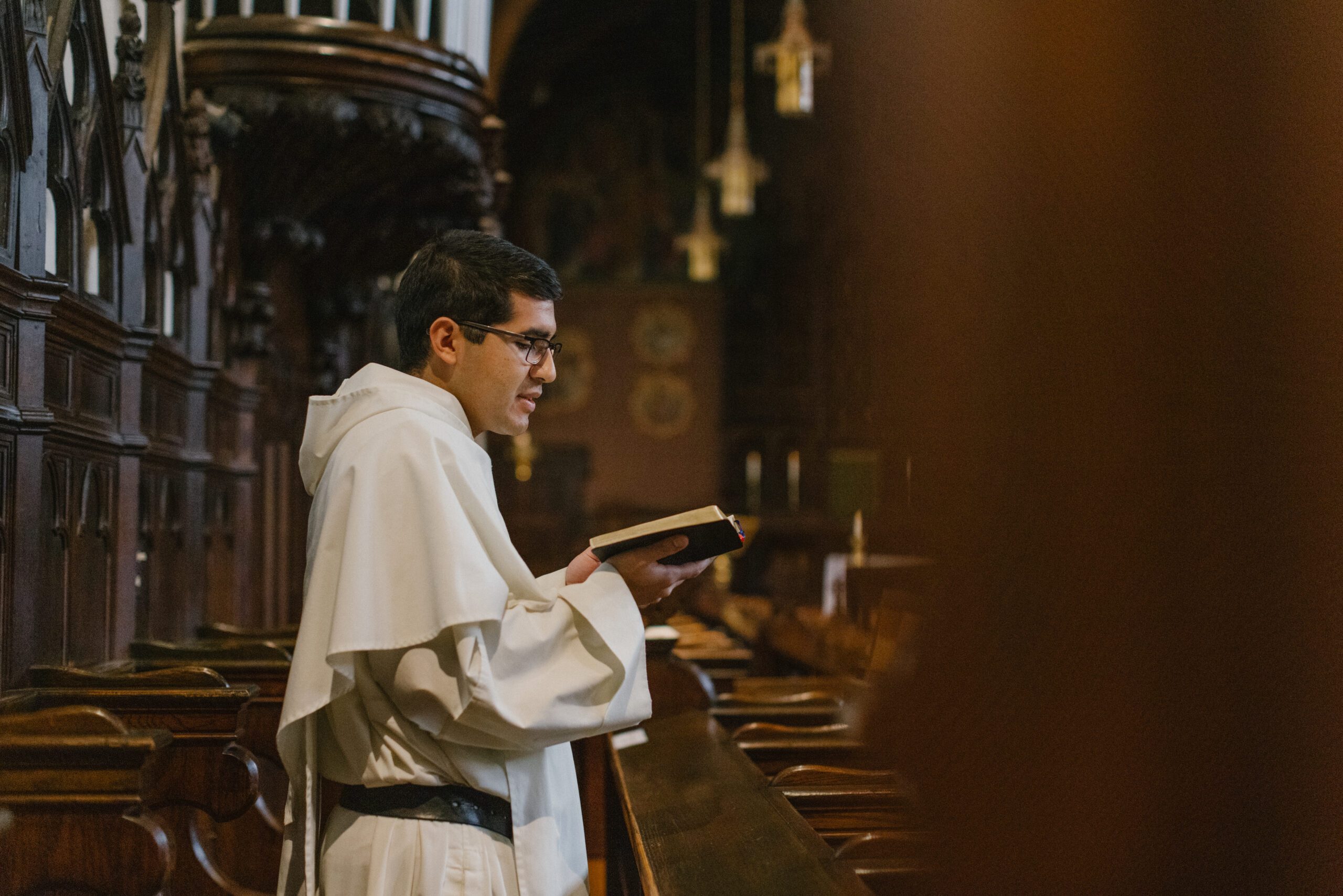
The Dominican House of Studies
Forming Preachers of Truth in Charity.
Catholic theology in the Thomistic tradition for Dominican students and all who are interested in serving the Church, evangelizing the world, and growing in virtue, wisdom, and holiness.
Give
